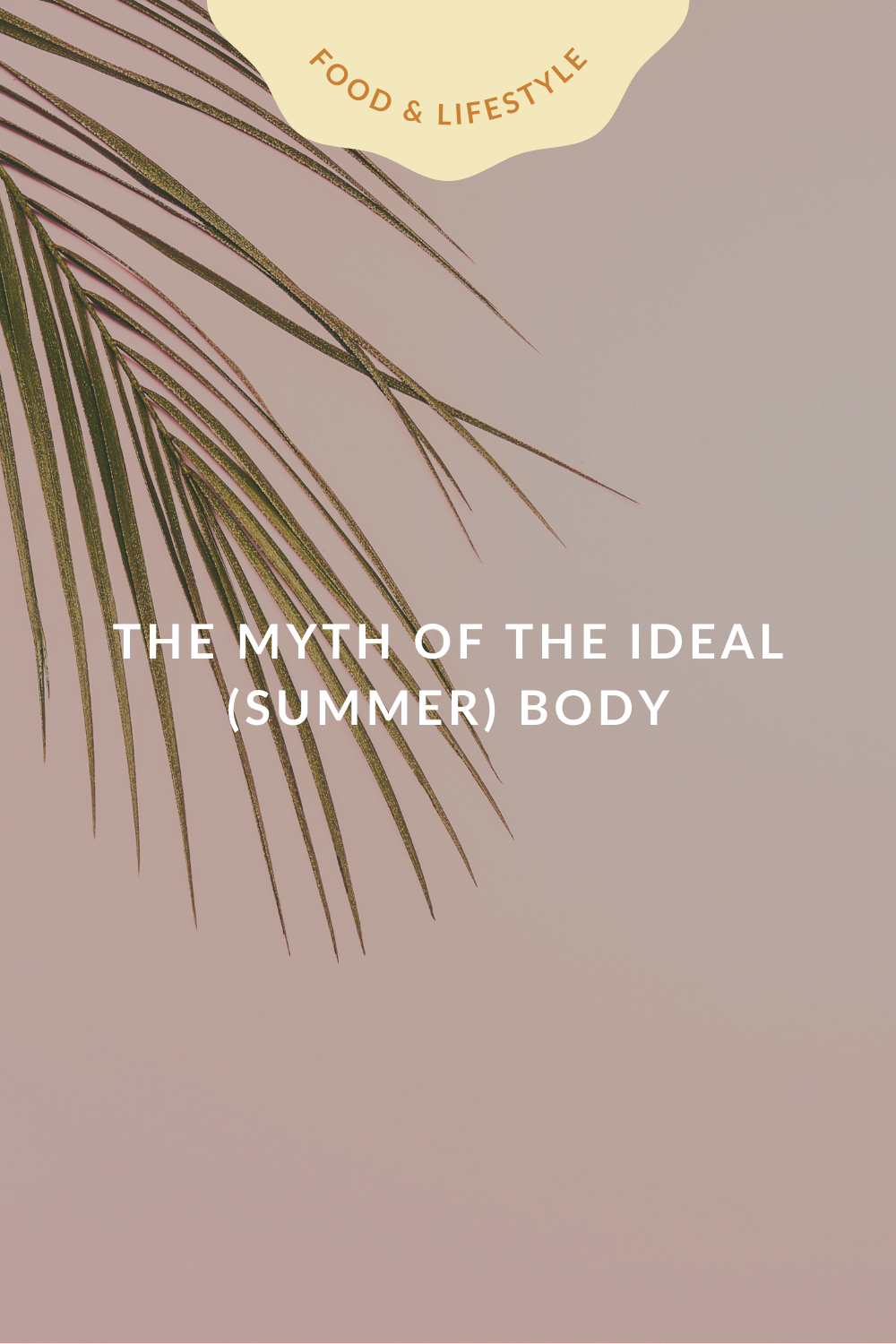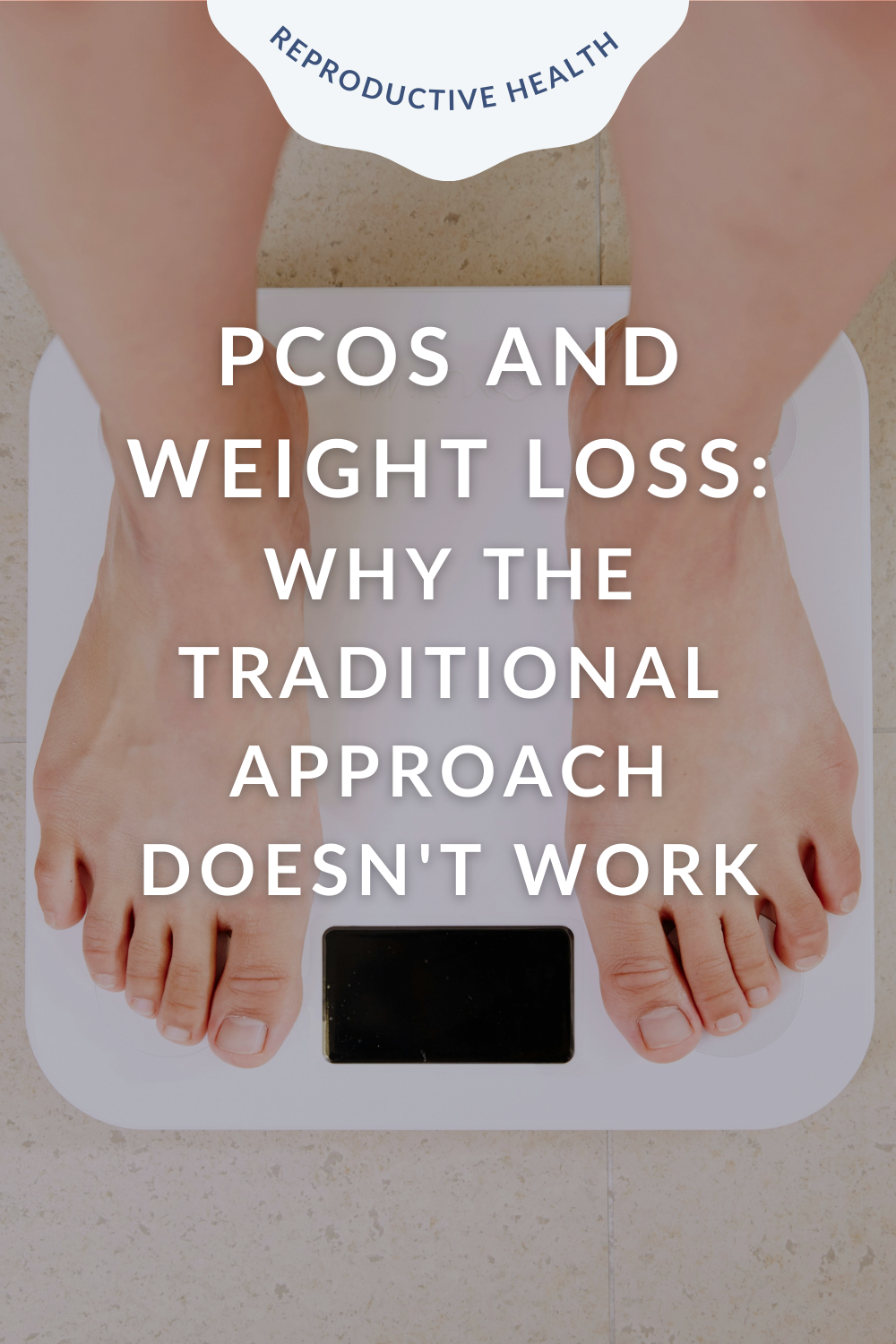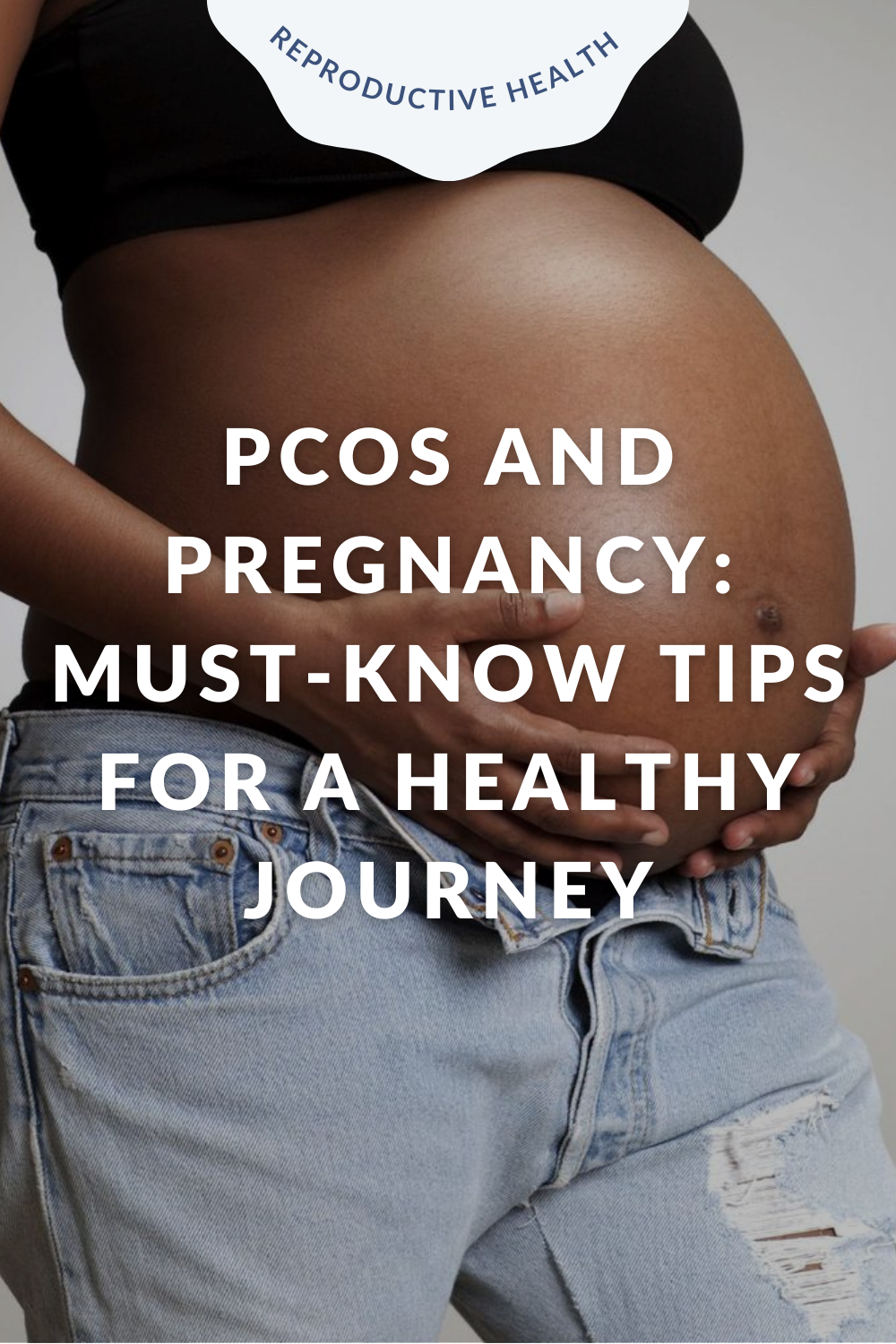The Myth of the Ideal (Summer) Body
The Myth of the Ideal (Summer) Body
Summer is just around the corner, get your summer body ready now.
Transform your body in 2 months: The 8 week meal plan to get bikini body ready.
Follow this 10 minute slim body workout to get your summer body.
Here’s the thing: This type of “change your body” messaging isn’t limited to four months of a year. We are told, 365 days a year, that we need to chase a certain body.
Beyond re-shaping our definition of a summer body, let’s get rid of this premise altogether.
You hear the phrases “get your best body” and “work for that summer body” time and time again. The idea of a summer body is just that - an idea. It is an ideological concept perpetuating beauty standards that are in line with the current subjective notions of beauty.
It’s a demonstration of our loss of body autonomy in this world. Not to mention, we often fail to acknowledge or accept the racist roots of fat phobia. Bodies used as a way to validate prejudices and hate throughout time.
Unrealistic messages surrounding our bodies fuel our desire to eat and exercise in ways that help achieve an ideal body - but what is that, exactly? Who defines that?
Adhering to these fluid and ever-changing beauty standards often leads to weight stigma and disordered eating behaviours, which can have serious negative consequences on our health and quality of life.
How the Ideal Body Mindset Perpetuates Disordered Eating
Constantly striving to configure your body to fit into a certain mould can lead you down a path of severe food restriction and calorie counting. Sounds innocent, but a potentially frightening road that can lead into a full blown eating disorder pretty quickly.
Which can impact anyone - reminder that eating disorders do not have a “look.” In fact, due to systemic trauma, many marginalized groups are higher risk for developing disordered eating, yet often fall through the cracks when it comes to education, screening and treatments. Eating disorders don’t discriminate, but diagnosis does.
What is an Eating Disorder?
Eating disorders are complex mental illnesses that disturb an individual’s relationship with food, body and self-image. Individuals with eating disorders can have obsessive and controlling thoughts about food, body weight, body shape and even exercise (1).
It is important to note that eating disorders are not a choice and are caused by an interplay of biological, genetic, social, interpersonal, psychological and environmental factors (2).
Eating disorders are about so much more than food and can affect every area of someone's life, from individual mental health to external relationships. Common types of eating disorders include anorexia nervosa, binge eating disorder, bulimia nervosa, avoidant and restrictive food intake disorder (1).
Eating disorders are a serious problem. The percentage of people affected by eating disorders more than doubled between 2000 and 2018 (3). Today, eating disorders affect at least 9% of the global population. What's more concerning, is that the rate of hospitalizations amongst adolescents increased by 25% in comparison to pre-pandemic trends (4). But that's not all…
The Ideal Summer Body and Dieting
The summer body narrative also focuses on short term goals and essentially guides those to prioritize appearance above health. You are taught to carefully monitor your food and constantly exercise with the sole aim of achieving that ideal body for exactly four mouths. But, what happens when summer ends?
Well, the message persists, but under a different guise.
Like a pendulum, after a period of restriction, may come the bingeing. Which, by the way, is totally fine. But as the message of “ideal body type” persists throughout the year, this may eventually provide false evidence that you need another diet. Thus, restriction, and an endless cycle of yo-yo dieting. Summer, dieting and weight loss. Winter, let loose and hide shame under your clothes. Rinse and repeat.
Health Risks of Yo-yo Dieting
Weight cycling is losing weight and regaining it over and over again. Going up and down in weight is not as simple as it seems. Research shows that weight gain following a restrictive period causes shifts in our metabolism and has a distinct effect on adipose tissue. In other words, weight cycling independently increases risk of disease (6).
Cardiovascular health issues. Constant fluctuations in weight stresses the heart and arteries, which can make one prone to cardiovascular diseases like high blood pressure, heart disease and coronary artery disease (narrowing of the arteries) (5).
Gut bacteria (microbiome) imbalance. Interestingly, studies suggest that our microbiome does not totally revert back to its “normal” or balanced state, but seems to keep a “memory” of the period when we were at a heavier weight. This means that weight cycling can have permanent changes to our gut bacteria. An imbalance of good vs bad bacteria can lead to stomach issues like bloating, constipating, indigestion and diarrhea, as well as, mood disorders, including anxiety and depression (7).
Losing and gaining weight can be hard on your mental well-being. It is tough seeing everything you worked for hard for to go down the drain when you gain all your weight back. And it is just as hard going through the process of losing all that weight all over again. So often we blame ourselves for these massive weight fluctuations, feeling like we are undisciplined and incapable, when really, our bodies are simply trying to maintain balance. Our bodies are not designed to be starved or to withstand extreme diet or exercise changes. You can achieve any goal your heart desires by making sustainable lifestyle changes that emphasize health, both physical and mental. It is time to ditch the “ideal bbody” mindset, and start shifting your priorities towards creating long term habits that are both enjoyable and health oriented.
Three Tips to Ditch the Ideal Body Mindset
Notice other metrics of health, beyond weight
You don't need to count, track, analyze your body composition to make impactful strides towards your wellbeing. Imagine a life that's not measured through numbers, all the time. By removing this expectation, you may gain space for all the gentle, experiential, fluid stuff that "living well" has to offer. The yummy stuff.
If I may, here are some suggestions:
Improvements in blood work (lipids, blood sugars, liver function tests, nutrient stores, hormone panel)
Less stress, more rest
More stable mood and energy
Improved digestion
Ability to make spontaneous food choices
Enjoying foods with less guilt
Prioritize your mental health
I hope I don’t come across as “rah rah self-care” behind my laptop screen. I fully acknowledge and understand that it’s hard to practice self-care in a world where social determinants of health impact the majority of our disease and wellbeing. I will always advocate for community care over self care.But in our small corner of the world, the day-to-day, we may look within ourselves to find some change. Ask yourself, what does your body do for you? How does it work hard to serve you daily? What does self-care mean to you? What makes you happy? Your mental health should not be an afterthought, but a priority.
Educate yourself
Diet culture lurks in every corner, and it’s virtually impossible not to fall victim to it in our lifetime. I’m constantly unlearning and questioning, and I have no doubt that I’ve unknowingly contributed to it in the past, and will continue to make such mistakes. Which is ok! We’re all in this learning together.Educating yourself on the harms of embodying diet culture mindsets, like the “ideal body” help to slowly break the unyielding hold which these constructs employ over us.
Resources
If you or someone you love is struggling with disordered eating or eating disorders, you can reach out to National Eating Disorder Information Centre and Body Brave for free resources and tools in your recovery.
Originally piece by Master’s Dietetic Practicum Student Dorothy Perelman
Reviewed and revised by Trista Chan RD MHSc
References
https://academic.oup.com/ajcn/article/109/5/1402/5480601?login=false
https://www.sciencedaily.com/releases/2016/11/161129091143.htm
Hi! I’m Trista
A Registered Dietitian and reproductive health expert. I’m here to help you gain confidence to overcome your Polycystic Ovary Syndrome and digestive health woes, while bettering your relationship with food.












